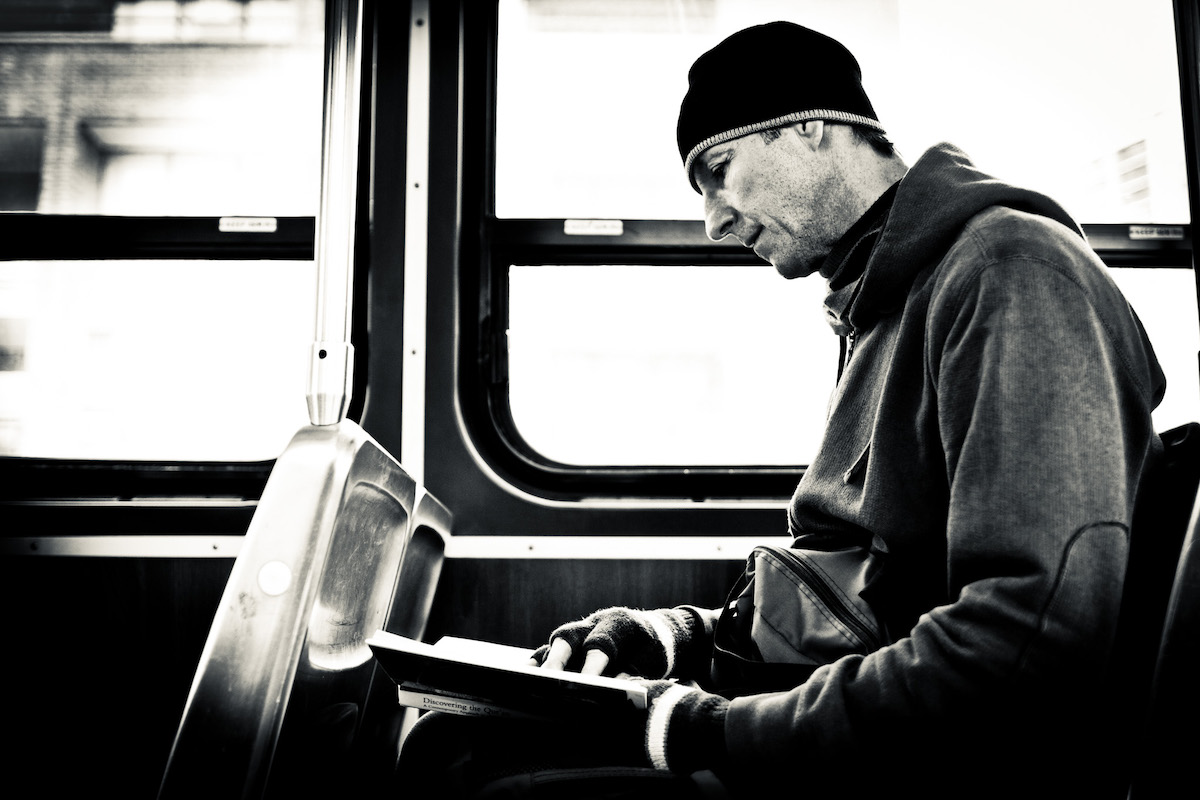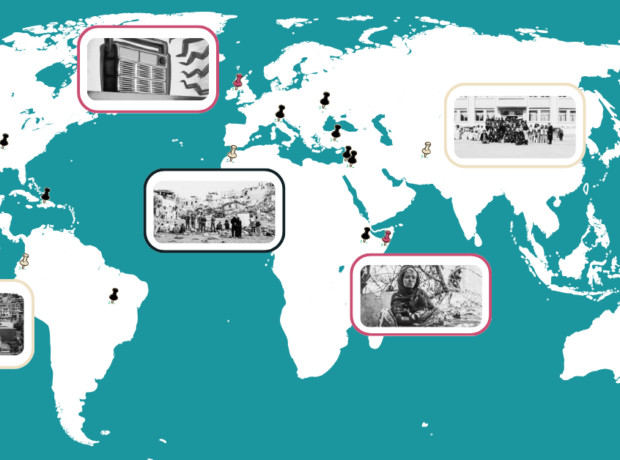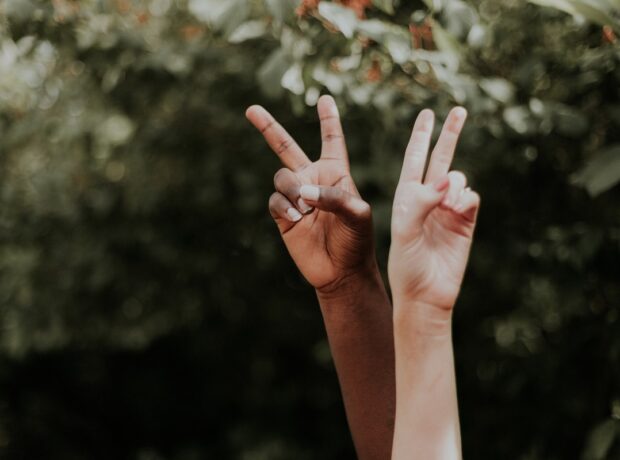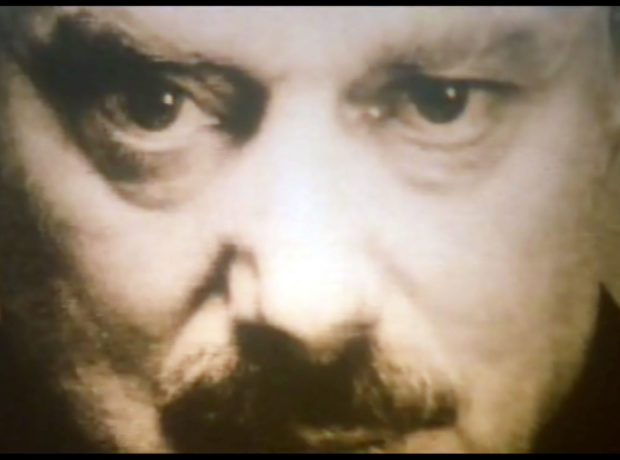Comprised of fiction and non-fiction books, this collection includes a letter from father to son, a translated story of a night in police custody, and a graphic novel about a girl finding her way in an unwelcoming world. Many are award-winners and our choosers explain what each social justice story means to them.
The Kite Runner – Khaled Hussein (2003)
Chooser – Lacuna graphic designer, Sarah Bamberger
“Huddled together in the dining room and waiting for the sun to rise,
none of us had any notion that a way of life had ended.”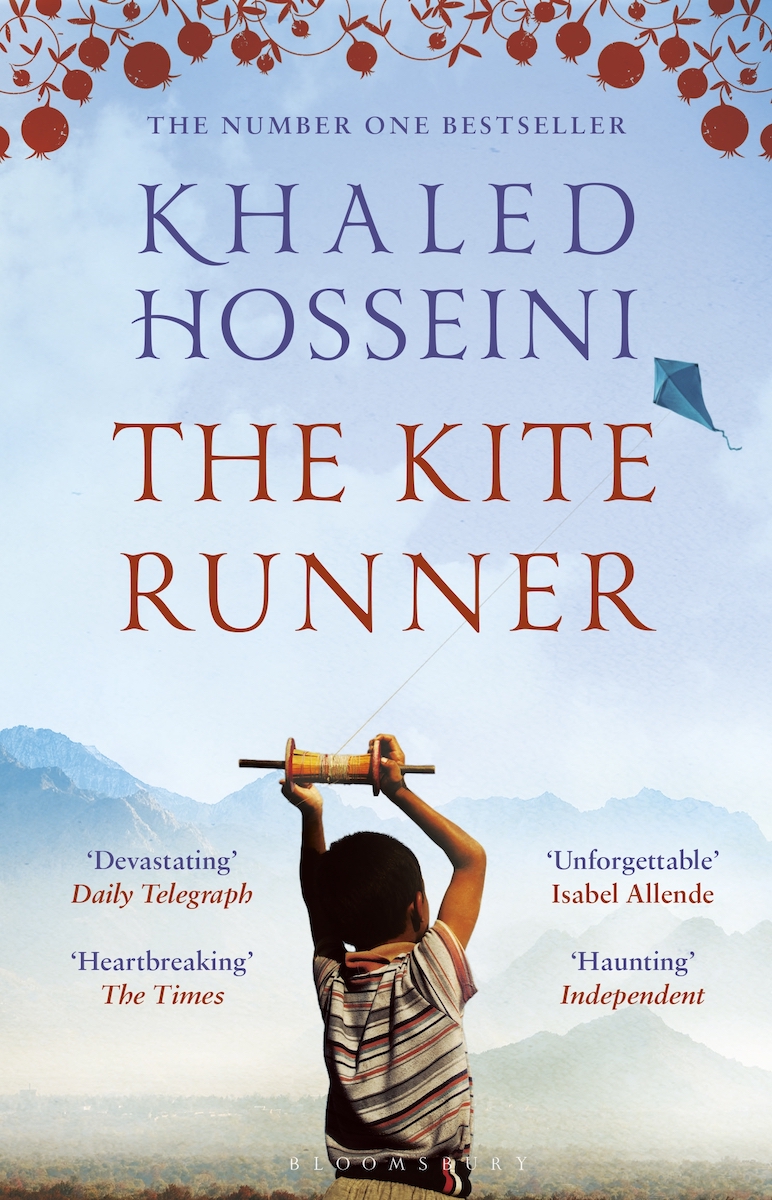
Embedded in the emotional story of Amir and his best friend Hassan, the author touches on a range of shattering events that characterised Afghanistan’s political landscape at the end of the 20th century – from the fall of the monarchy through the Soviet invasion to the rise of the Taliban.
It gives way to a perspective distant from textbooks and archives, instead emphasising the lack of purpose, suffrage, and glimmers of hope during times of crises and war.
This book, published in 2003, is particularly relevant considering recent developments in Afghanistan.
Related read: The Screen – Watching Afghanistan suffer from afar
Demon Copperhead –
Barbara Kingsolver (2022)
Chooser – Lacuna editor, Mary Griffin
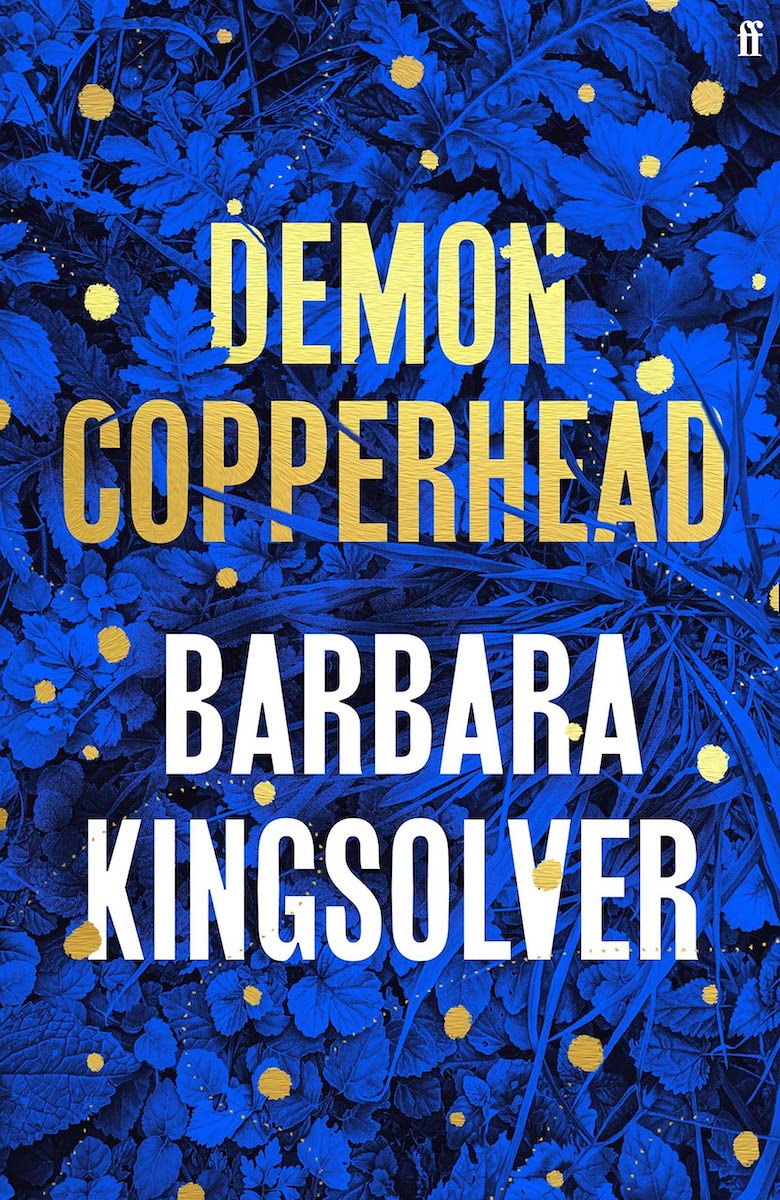 “Demon! I know why we’re the dogshit of America, it’s a war, and it’s been going on the whole time, and nobody gets it, not even us”
“Demon! I know why we’re the dogshit of America, it’s a war, and it’s been going on the whole time, and nobody gets it, not even us”
Inspired by Charles Dickens’ 1849 novel David Copperfield, Kingsolver sets her story in modern-day Appalachia – her home. The young and charismatic Copperhead narrates his struggle to survive amid domestic violence, foster care and addiction, while he comes to understand his Melungeon and “redneck” heritage.
Like the Booker Prize-winning novel Shuggie Bain, this book grapples dark and complex themes – poverty, racism, classism and the grip of big pharma. But, while Shuggie’s tale feels almost relentlessly bleak, Demon’s story is one of hope, bolstered by kindness and connections, fuelled by fierce feminist characters, and buoyed by the superheroes and satire of the child’s whip-smart imagination. This is a rich, rewarding and stereotype-shattering read, deserving of its Pulitzer Prize.
Related read: Emerging from domestic abuse – Is this my metamorphosis?
Chernobyl Prayer, Svetlana Alexievich (translated by Anna Gunn and Arch Tait, 1997)
Chooser – Lacuna intern, Semilore Kaji-Hausa
“You can resettle people, but not the elk and the boars. And the
water takes no notice of boundaries, it flows where it will, over
the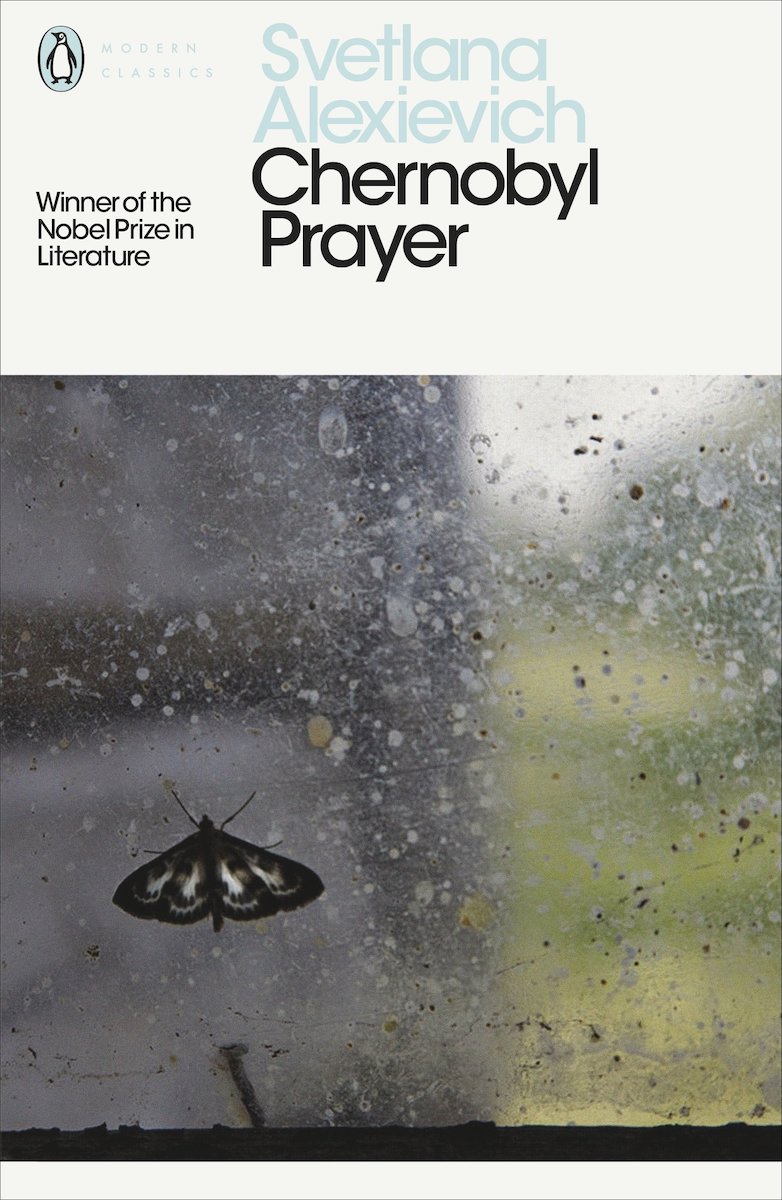 ground, under the ground.”
ground, under the ground.”
Broken into three sections, Chernobyl Prayer charts the complex legacy of a disaster too vast in its impact to truly fathom, using a series of monologue-style interviews. The first section meditates on mortality and what is left behind when death has swept a land in waves, the second on a search for normalcy and stability, while the last dwells on the beauty that lurks in tragedy and the human urge to find meaning and structure in senseless destruction.
For a human rights tragedy which has for too long been analysed solely through a Cold War inspired lens, thereby missing the impact on individual lives, Chernobyl Prayer invites us to view this tragedy not only through an individual’s gaze but tens of them, each with their own unique story, background, life, experience and interpretation of events. While the piece may be a collection of interviews, it reads more like a collection of poetry, highlighting again the twinship between beauty and devastation and echoing many feelings that may be recognisable to us today as we stand on the edge of climate disaster.
You might also be interested in: 11 environment podcasts that tell the story of climate change
Dawn – Sevgi Soysal (translated by Maureen Freely in 2022)
Chooser – Writing Wrongs tutor, Elif Gulez
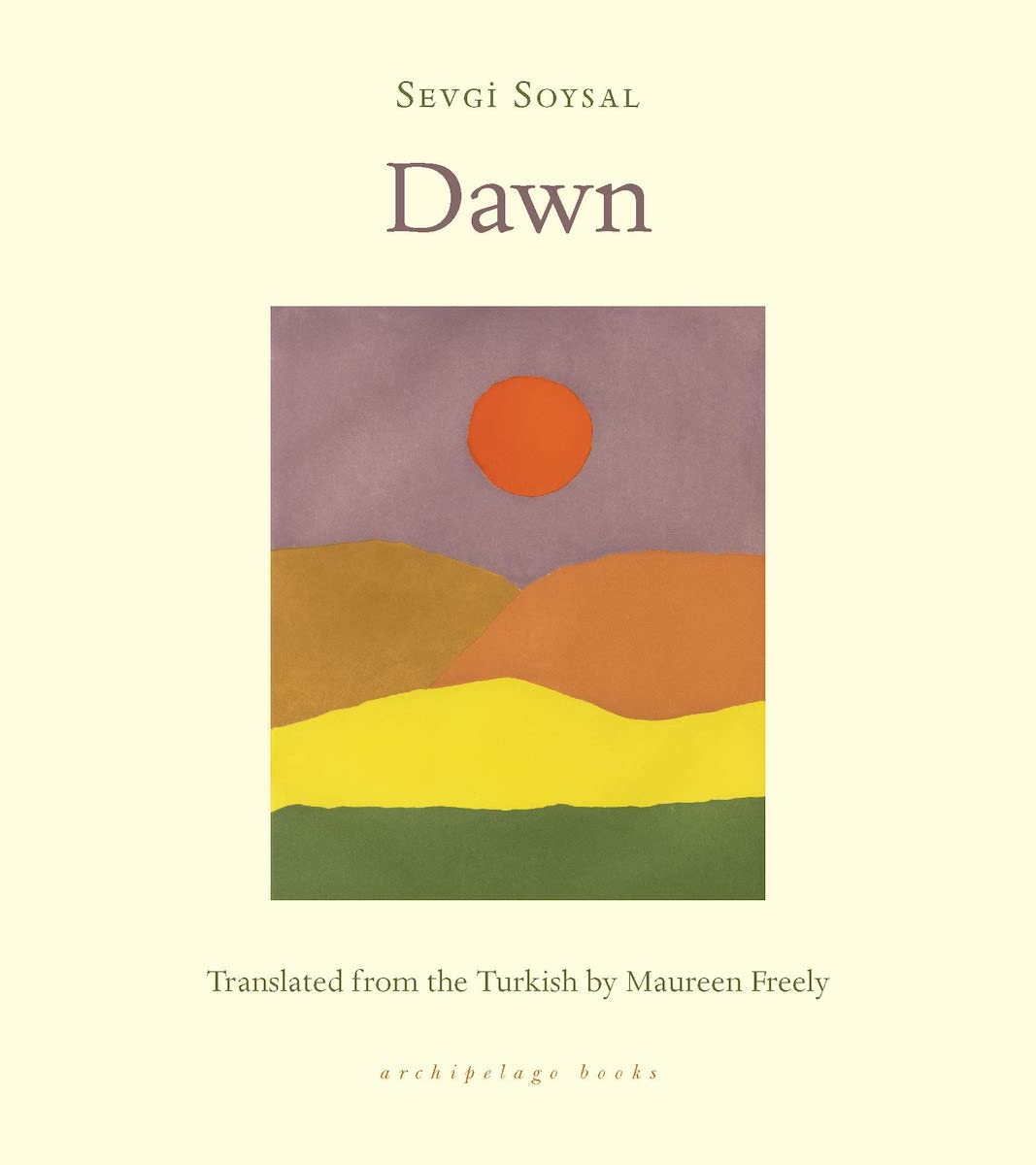 Novelist, feminist, and socialist Sevgi Soysal published Şafak (Dawn) in 1975, just one year before she lost her battle against breast cancer. She left us four ground-breaking novels, several short stories, and a few pieces of memoir and non-fiction. It took feminist, novelist, journalist, university professor and translator Maureen Freely more than 40 years to find a home for Soysal’s wonderful novel Dawn, in the English language. Just like Virginia Woolf’s Mrs Dalloway, Soysal’s novel is set in just one day, and the story begins with a dinner party, but unlike Woolf’s novel, it evolves through a nightmare spent in prison.
Novelist, feminist, and socialist Sevgi Soysal published Şafak (Dawn) in 1975, just one year before she lost her battle against breast cancer. She left us four ground-breaking novels, several short stories, and a few pieces of memoir and non-fiction. It took feminist, novelist, journalist, university professor and translator Maureen Freely more than 40 years to find a home for Soysal’s wonderful novel Dawn, in the English language. Just like Virginia Woolf’s Mrs Dalloway, Soysal’s novel is set in just one day, and the story begins with a dinner party, but unlike Woolf’s novel, it evolves through a nightmare spent in prison.
Oya, who has recently been released from prison and is living in exile on charges of leftist sympathising, joins her new acquaintance Mustafa at a dinner party in the home of Ali. A sudden kick on the front door by the local police puts an end to the modest gathering and the rest is familiar to those who know Turkey’s brutal past of military coups only too well: Oya and her friends are brought to the police station where they’ll be interrogated and tortured throughout the night. Maureen Freely’s translation is not only sensitive, confident and beautiful; Dawn is a conversation between two wonderful novelists.
You might also be interested in: Deaths in detention – Why aren’t we learning lessons from deaths in UK police custody?
Between the World and Me – Ta-Nehisi Coates (2015)
Chooser – Writing Wrongs tutor, Sam Kane
“This is your country, this is your world, this is your body,
and you must find some way to live within all of it.” 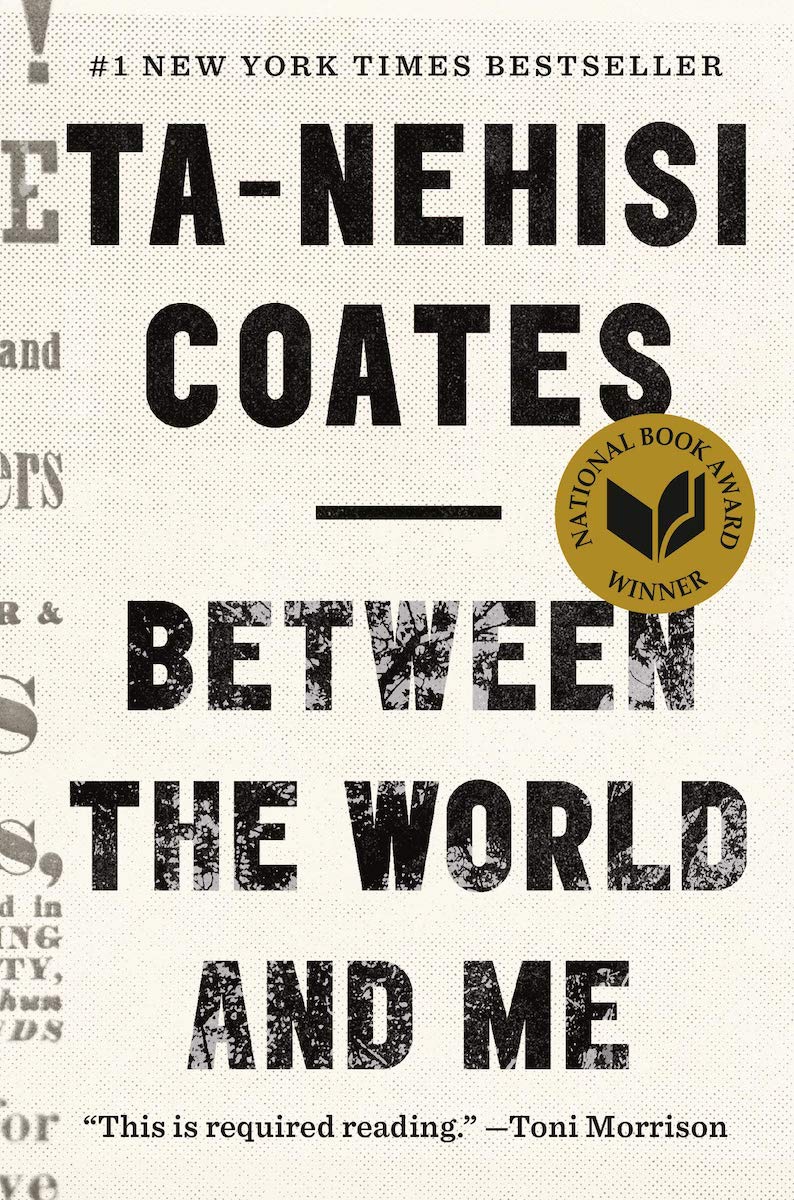
Between the World and Me is a nonfiction autobiographical work by American journalist and author Ta-Nehisi Coates. It is an epistolary compilation directed toward his fifteen-year-old son, Samori in which Coates describes his perceptions of what it is like to live as a Black man in the United States. This profound work oscillates from the biggest questions about American history and ideals to the most intimate concerns of a father.
Coates shares with us his story, woven together from personal narrative, reimagined history, and refreshingly raw emotionally charged reportage. Truly deserving of the National Book Award for Nonfiction, Between the World and Me illuminates the past, boldly confronts the present, and offers a hopeful vision for a way forward.
Related read: Covid reminds us that America doesn’t like Black people
Persepolis – Marjane Satrapi (2000)
Chooser – Writing Wrongs coordinator, Alex Breeze
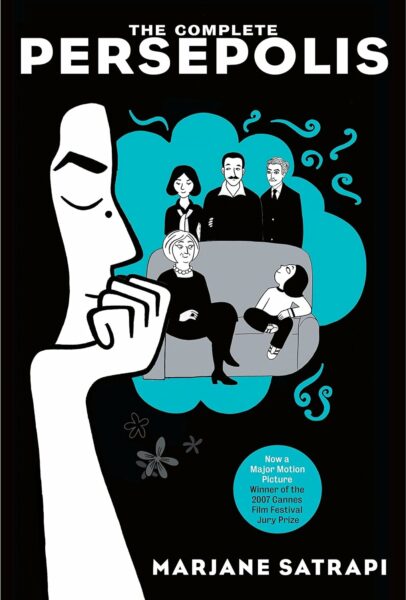 Persepolis is two books. The first part tells the story of Marji’s early years in an upper-middle class Iranian family. The fall of the Shah is initially greeted with hope, but the harsh reality of the Islamic Revolution is revealed. As she grows Marji’s rebelliousness causes problems and the first book ends with her parents sending her to Vienna to escape Iran.
Persepolis is two books. The first part tells the story of Marji’s early years in an upper-middle class Iranian family. The fall of the Shah is initially greeted with hope, but the harsh reality of the Islamic Revolution is revealed. As she grows Marji’s rebelliousness causes problems and the first book ends with her parents sending her to Vienna to escape Iran.
The second part details Marji’s years in Austria. She encounters kindness and despair in equal measure. She has her heart-broken, experiments with drugs, experiences homelessness and eventually returns to Tehran. But Marji also feels out of place in Tehran – too Iranian in Europe, too European in Iran.
Persepolis balances sophisticated prose with graphics that are simple, expressionistic and informed by wider artistic traditions. Satrapi’s work is universal; it speaks of issues we all have all encountered such as facing up to failure. Returning to Tehran, Marji is out of step with her family and friends. But gradually she finds her way in the world. Persepolis shows that happiness and sadness can often co-exist in the same moment.
You might also be interested in: “Iran’s prisons are still full of men and women fighting for civil rights”
Down and Out in Paris and London – George Orwell (1933)
Chooser – Writing Wrongs tutor, Sueda Oktay
“It is fatal to look hungry. It makes people want to kick you.”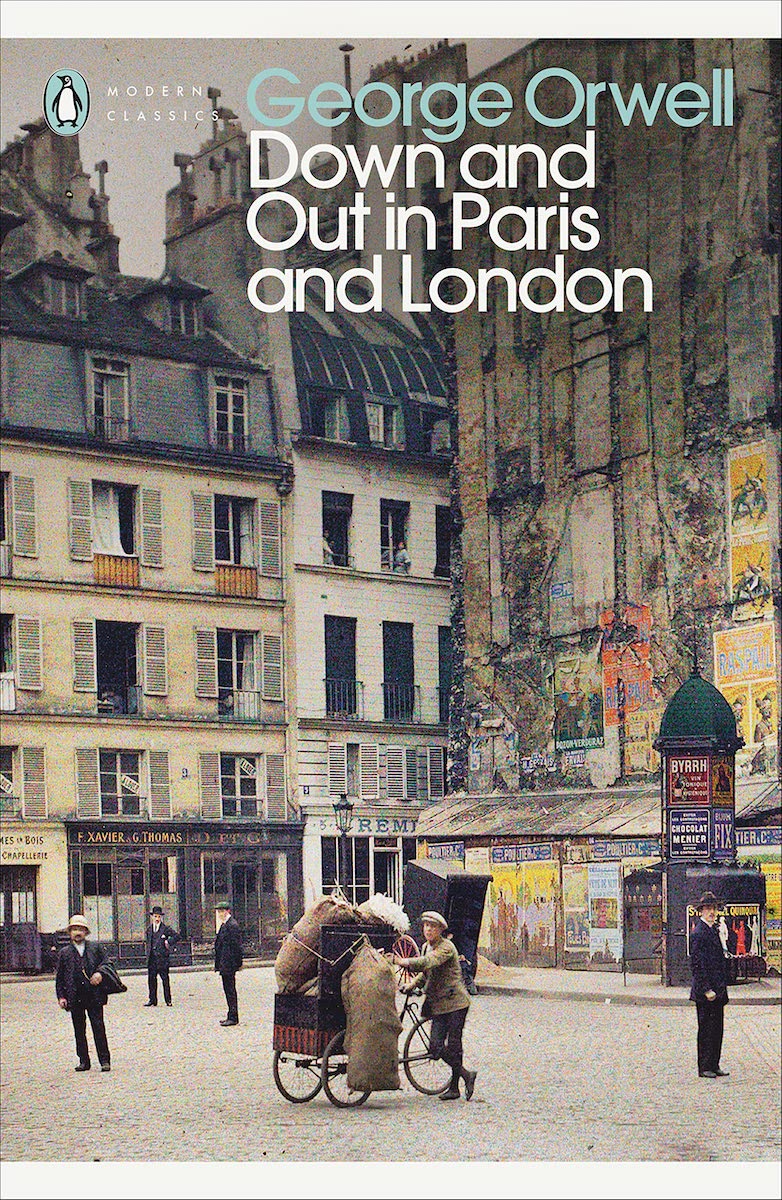
‘Down and Out’ is one of those books that causes you to rethink classism constructively. Orwell’s first person narrator has to spend an extended amount of time in both Paris and London virtually penniless due to his pride, and also his curiosity into living on the breadline. He compares how different it is in these two major cities, and, most interestingly, introduces characters for who this is their everyday life with no escape on the horizon to better measure his own experience on. Most importantly, it still speaks to the now, with cutting moments that remind the reader that in 90 years, not much has truly changed regarding attitudes towards, and of, the poor.
Related read: Doorways – Homeless women’s stories of trauma and resistance
Main image by Hayden Petrie via Flickr
